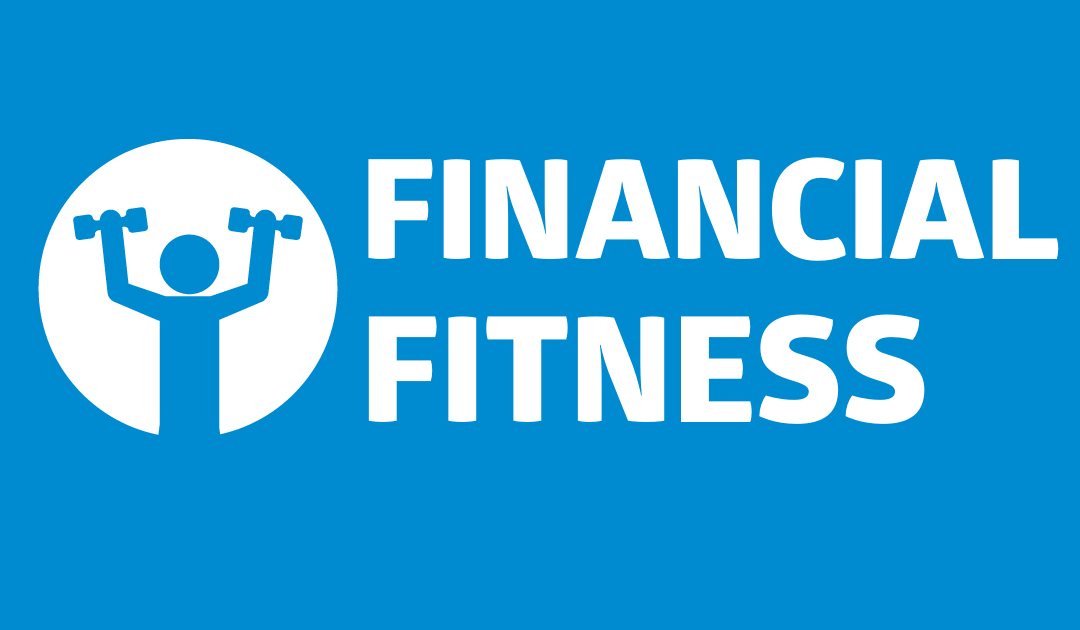By Charlestien Harris
This pandemic has forced us to change the way we conduct business and everyday tasks such as eating out, receiving healthcare and paying our bills. One of the main ways consumers meet their financial obligations is through the use of a debit card.
A debit card is a payment card that deducts money directly from a consumer’s checking account to pay for a purchase. Debit cards can eliminate the need to carry cash or physical checks and allows consumers to make purchases online.
During this time of uncertainty, using your debit card safely shouldn’t be something else you have to worry about. However, scam artists are still looking for opportunities to steal money and personal information. You won’t have to surrender your money or personal information to scammers, if you follow these simple steps:
- Protect your PIN number. Don’t give your personal identification number (PIN) to anyone who asks, and don’t keep it written down anywhere in your purse or wallet. Don’t use your PIN at the gas pump. Instead, use your card in the credit purchase function to avoid someone seeing it. In fact, using your debit card in credit card mode may offer you extra liability protection, depending on your bank.
- Create a separate account for daily purchases. You might want to create a separate account not tied to the debit card you use to pay rent / mortgage, utility bills and other monthly expenses. If the card is compromised, the special account you created will only allow funds tied to that card to be withdrawn, thus protecting your money in your regular checking account.
- Only use ATMs located at a bank. Automated teller machines (ATMs) located in convenience stores, subway stations, airports, and other places have a greater risk of having a “skimming” device attached by a thief, which could intercept and store your debit card data. This sometimes happens at banks too, but it is easier to do in a place without surveillance cameras.
- Don’t use public wireless access for financial transactions. Make sure you are using a password-protected wireless signal to check your bank account balance, pay bills, and shop, so that hackers have less chance to capture your password and account information.
- Notify the bank when traveling out of state. The bank can place a travel alert on your card to prevent your card from being blocked for suspicious or fraudulent transactions. This tip really works! I have been somewhere other than home and tried to purchase items and my card issuer called me to ask if it was me making the purchase. Once I confirmed the transaction my purchase was approved. Just knowing I had that extra layer of protection gave me a sense of security.
- Check your bank statements often and report problems immediately. To receive full fraud protection from your bank, make it a habit to review your bank account online at least once a week or even daily. You would certainly report it right away if your wallet were stolen and your credit and debit cards were missing, you should also report any unauthorized transactions immediately. If your debit card is stolen, you may want to contact the police and keep a copy of the police report, so that you have extra support when you want your bank to reimburse the charges.
These simple steps can help you keep your debit card safe from thieves that look for ways to steal your money. The Federal Trade Commission also offers a wealth of information on this topic on their website: www.ftc.gov. Until next week, stay financially fit!

